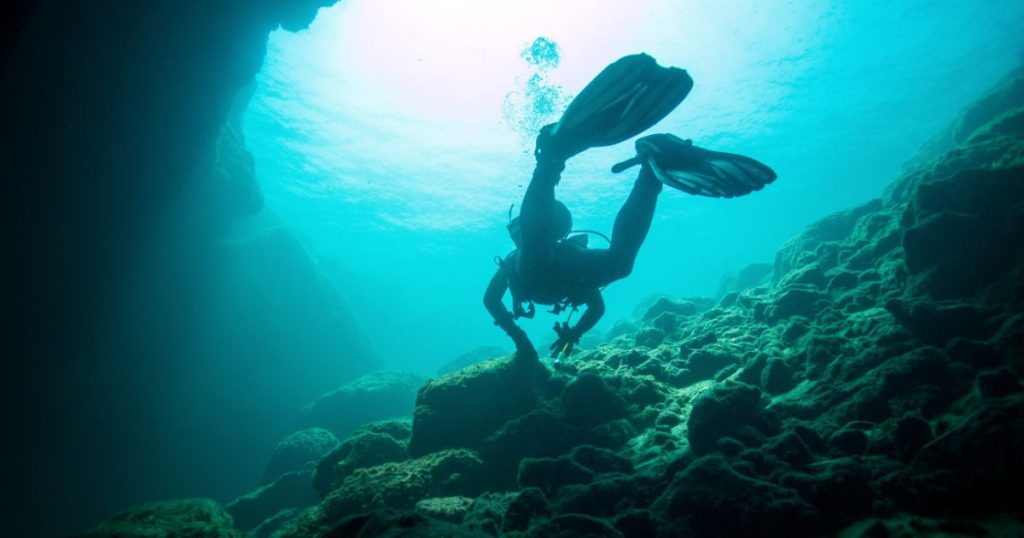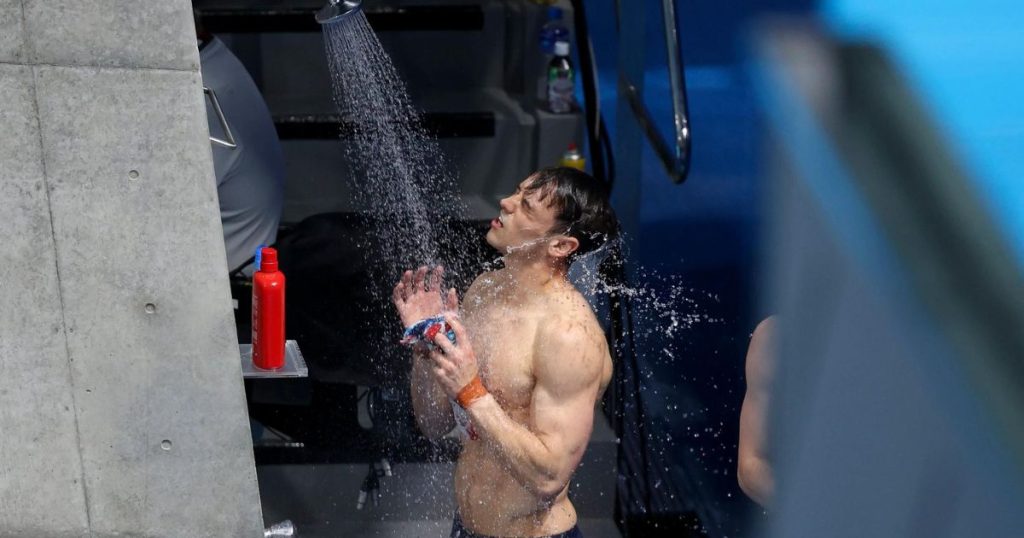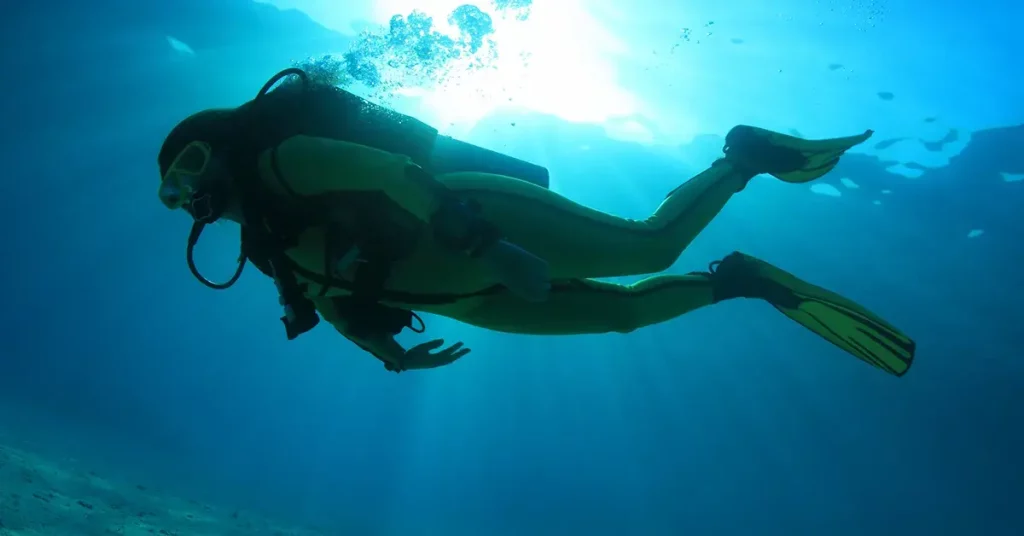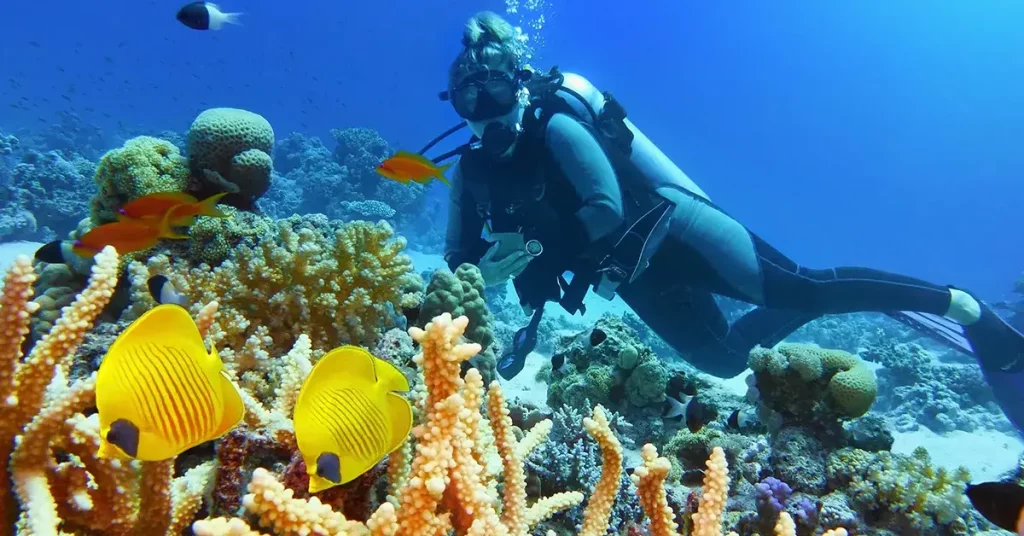Many individuals are aware of the dangers of diving in underwater caves. However, there are still occasional mishaps and even tragedies as a result of cave divers who are unaware of the risks involved.
Running out of gas, getting lost, and loss of visibility are just a few of the many hazards of cave diving. In addition to that, equipment malfunction could also be to blame.
Let’s delve deeper into the subject and answer the concern that many people who want to try cave diving have: why is cave diving dangerous?
What Makes Cave Diving Dangerous?
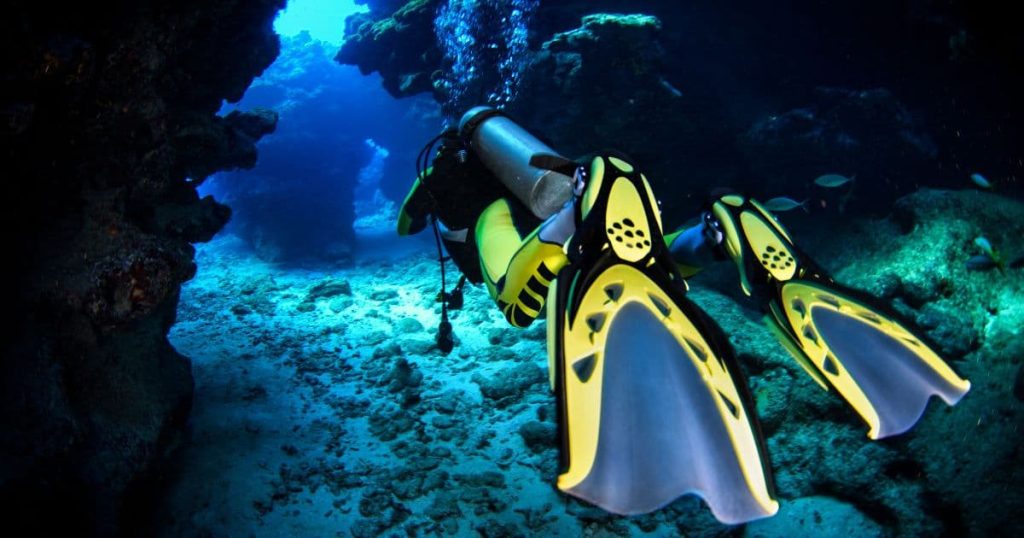
Due to its poor visibility, narrow channels, and confusing geography, the underwater cave environment is naturally challenging for even experienced cave divers.
The distant and isolated nature of cave diving may restrict or delay access to emergency assistance, raising the potential implications of any catastrophes. In the event of equipment failure, another issue is the absence of direct access to air supply.
The dangers are exacerbated further by the lack of natural light and the potential for experiencing completely dark situations. Additionally, the water inside the caves is usually below average temperature, which can cause hypothermia.
Overall, cave diving is a high-risk activity due to the combination of difficult underwater circumstances, inaccessible sites, little access to emergency assistance, and possible malfunctions in equipment. To reduce cave diving accidents, you need a lot of training, expertise, and organization.
Why Is Cave Diving Dangerous: The Risks of Cave Diving
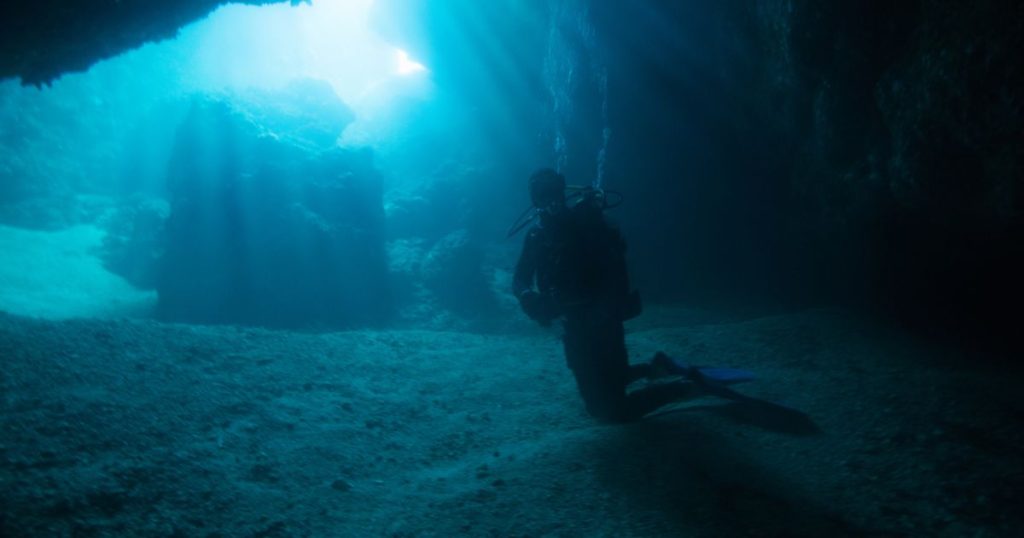
Many individuals aren’t entirely aware of the risks associated with the question “why is cave diving dangerous” – it could be extremely dangerous or even fatal!
To be aware of and understand why cave diving is dangerous, let’s look in more detail at some of the most typical underwater hazards.
Running Out of Gas
Unfortunately, cave divers frequently experience gas shortages.
Recreational diving trains people how to perform a controlled rescue swimming ascent. However, that is not the case with cave diving. When cave diving, it’s uncommon to be able to just exhale and float to the surface.
Not Following the Guidelines
Cave entrances and exits are the main guidelines for cave diving. Losing track of your location increases the likelihood that you won’t be able to find the exit again. There is also a high probability that you will run out of gas.
Also, we recommend investing in masks that will increase visibility in deep water.
Equipment Failure
An equipment failure in a cave can be disastrous, much like running out of gas. This means that if your equipment fails somewhere in the center of the underwater cave, you will find it difficult to exit the water.
However, with proper training and the right diving equipment, you will be able to handle several of the most typical equipment issues.
Also, consider diving bags to keep your stuff safe and secure!
Reaching the Deepest Depths
Depending on your underwater cave system, you can find yourself in incredibly deep places. Keep in mind that several caverns have extremely deep entrances.
Therefore, it is important to account for adequate gas management and decompression procedures if you attempt to enter deeper caves.
We recommend that you invest in a high-quality wetsuit and boots to keep yourself comfortable and protected.
Water Flow Reversal
The water flow can shift direction in some cave systems, which would make the departure more challenging.
Additionally, storm-related increased water flow can lead to hazardous circumstances inside the cave and make exiting more difficult. Life-threatening conditions in caves also include strong winds and fluctuating currents.
Despite all these dangers, many people find cavern diving to be an amazing experience. However, before you believe you can explore a cave without the necessary expertise and answer the question “why is cave diving dangerous”, keep reading The Coastal Side and learn more about cave and scuba diving.
Essential Cave Diving Tips for Adventurers
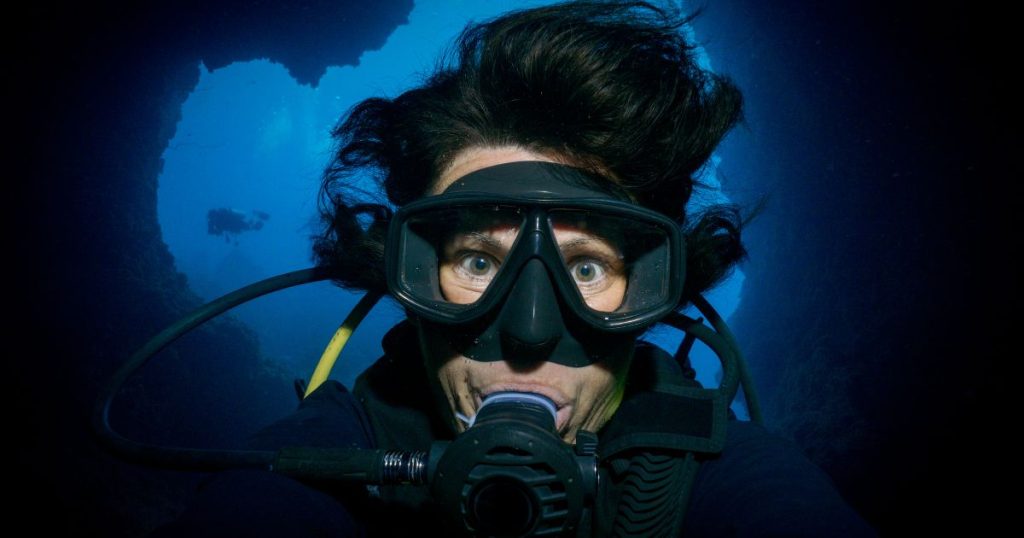
Cave diving is a lovely and exciting approach to exploring deep caverns and floating through underground caves. However, as previously said, people are frequently perplexed as to “why cave diving is dangerous”.
Here are all the things you should think about before going cave diving.
Get a Cave Diving Certification
Beyond the fundamental qualification for open water diving, cave diving requires additional cave-diving techniques and training. Find a reliable cave dive instructor who will provide you with in-depth programs specially created for cave diving.
The training will cover all you need to know to go cave diving safely. It addresses topics like line handling, weight control, navigation, and emergency responses relevant to cave conditions.
Don’t Dive Alone
Cave diving is a team sport, and you should never dive alone. Always bring at least one cave diving qualified dive partner with you.
Cave conditions can be challenging, with tight tunnels and little visibility, and having a buddy adds an extra layer of safety and assistance in the event of a cave rescue.
Plan Your Dive Ahead of Time
Proper planning is essential for cavern diving. Make a thorough dive plan that covers the dive routes, depth, time allotted, gas management, rescue plan, and signals for communication before each dive. During the dive, follow the plan exactly and avoid going off the course unless it’s absolutely necessary.
Get a High-Quality Piece of Equipment
Invest in a piece of high-quality equipment made especially for cave diving. Also, before each dive, make sure your equipment is in good working order by doing routine maintenance and inspections.
Always Follow the Guidelines
To navigate and guarantee a secure escape, cave divers use an elastic cord or rope as a guide. Always be in touch with the direction and steer clear of deviating from it. Also, in order to prevent entanglement hazards, avoid wrapping the rope around your body or equipment.
Keep Good Buoyancy Control
In order to minimize entanglement in lines, harming structures, and upsetting the fragile cave surroundings, buoyancy control is essential when cave diving.
Be mindful of your surroundings and modify your buoyancy as necessary to prevent unintentional exposure to the cave’s environment.
Monitor Your Gas Supply
Monitoring your gas supply is essential for safe cave diving. Keep track of the amount of gas you have throughout the dive and follow safe gas restrictions, such as the “rule of thirds“.
Always Be Ready for Dangerous Situations
The first thing that springs to mind when we consider “why is cave diving dangerous” is that we are unprepared for potentially harmful scenarios.
Emergencies can arise during cave diving even with careful preparation and planning. Therefore, be ready by keeping extra dive gear on hand, such as a cutting tool, reel, and dive light.
Know Your Limits
Knowing your boundaries and staying in your comfort zone is crucial when cave diving. Do not undertake dives that are above your level of experience or training.
Why Is Cave Diving Dangerous – Final Thoughts
“Why is cave diving dangerous?” is one of the most frequently asked questions among people who want to try cave diving!
Due to a number of variables, including limited vision, complicated cave settings, potential entanglement risks, difficult gas management, and equipment failure risk, cave diving is difficult and dangerous. The dangers of cave diving are further increased by the lack of natural light and the potential for disorientation.
However, the risks connected with the question “why is cave diving dangerous” can be reduced with the right instruction, practice, dive gear, dive team, and adherence to safety procedures. Therefore, don’t attempt to dive into deeper waters without the proper cavern training!

